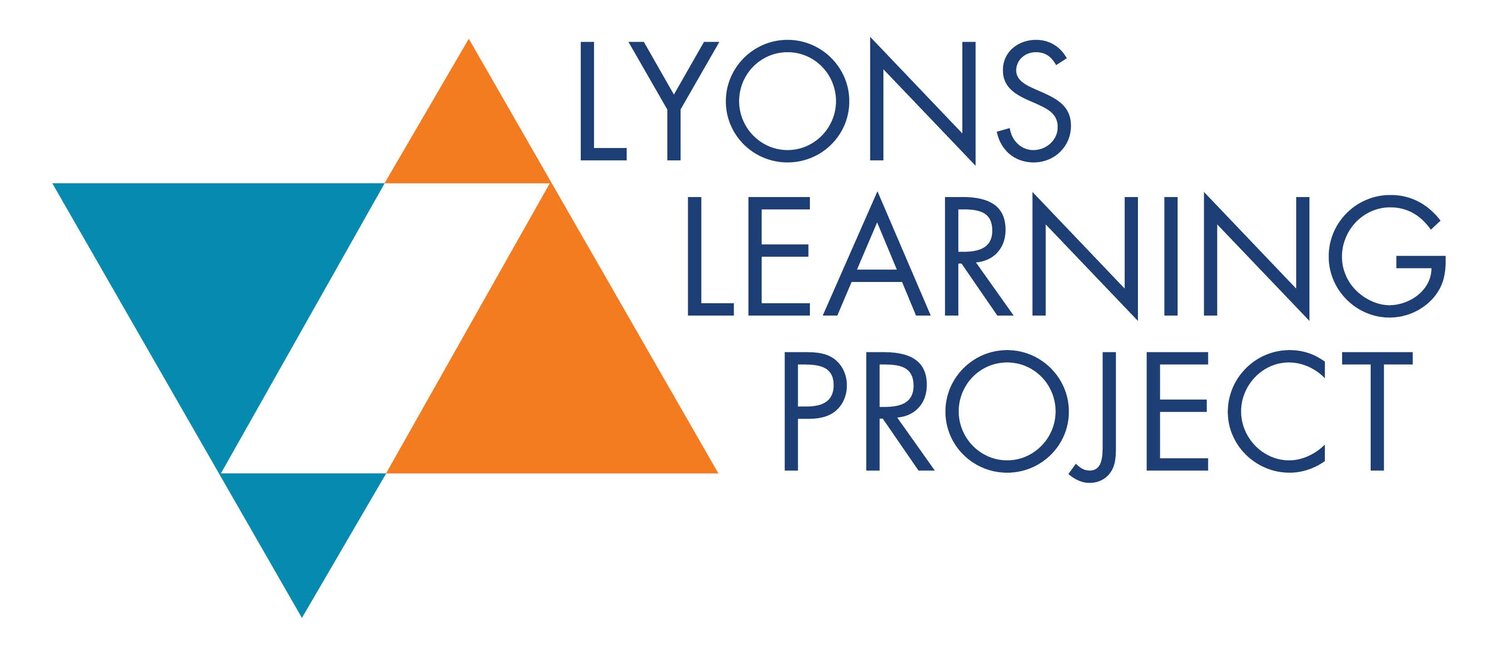The Darkest Day
The Darkest Day
Today is the winter solstice - the darkest day of the year - and with news of further restrictions due to the new COVID strain, prospects over the coming holiday seem dark indeed.
We ended our Chanukkah celebrations last week. Josephus calls this commemoration of the rededication the Temple, the Festival of Lights. For him, it's association with the solstice and the Roman saturnalia was significant. At the darkest hour, we look to the light and a message of hope.
The parshiot we read over the year, seem to echo this movement of the sun - (for the northern hemisphere at least - Australians my apologies, you will have to find your own d'rashah!) Through Chanukkah, we read of Joseph's despair - sold by his brothers into slavery and imprisonment. Approaching the spring equinox, we are into Pesach and the hopes of freedom and a better future. As we move towards summer, Shavuot and the revelation on Mount Sinai, enlightens our understanding as light floods the earth.
The darkest moment in the story of Joseph thus coincides with the darkest day of the year. It is not his kidnap, his slavery or his imprisonment. it comes in this week's parashah, after his reconciliation with his brothers, his reunification with his father and the family happily settled in the land of Goshen. The darkest moment comes, as the famine tightens its grip on Egypt. Joseph commandeered grain from the people during the years of plenty. Now he sells it back to them, giving the money to Pharaoh. When the money runs out, he takes their livestock, and when they are disposed of, he takes their land and their servitude in payment. So, everything and everyone belonged to Pharaoh.
Genesis 47:21 tells us:
:וְאֶ֨ת־הָעָ֔ם הֶֽעֱבִ֥יר אֹת֖וֹ לֶֽעָרִ֑ים מִקְצֵ֥ה גְבֽוּל־מִצְרַ֖יִם וְעַד־קָצֵֽהוּ
'[Joseph] removed the population town by town from one end of Egypt's border to the other.'
He left them homeless, working land with which they had no connection in an alien landscape.
The Hebrew verb is he'evir the verb from which the word Ivri - Hebrew - comes.
Joseph made the Egyptians into Hebrews; strangers, aliens in their own land. Is it any wonder, then, that when there arose a new Pharaoh that 'knew not Joseph', they joined in the persecution with enthusiasm?
The darkest day of our history was not the day when we were enslaved. It was the day we enslaved others.
Sybil Sheridan
